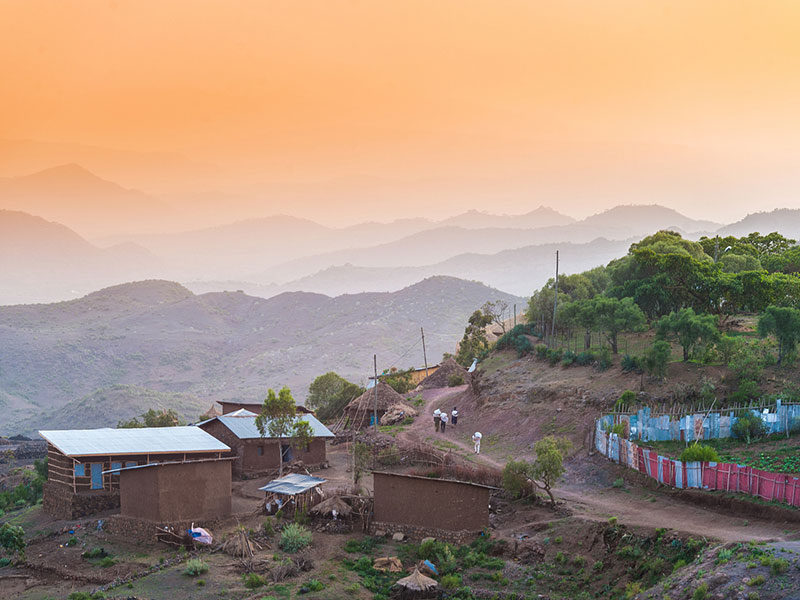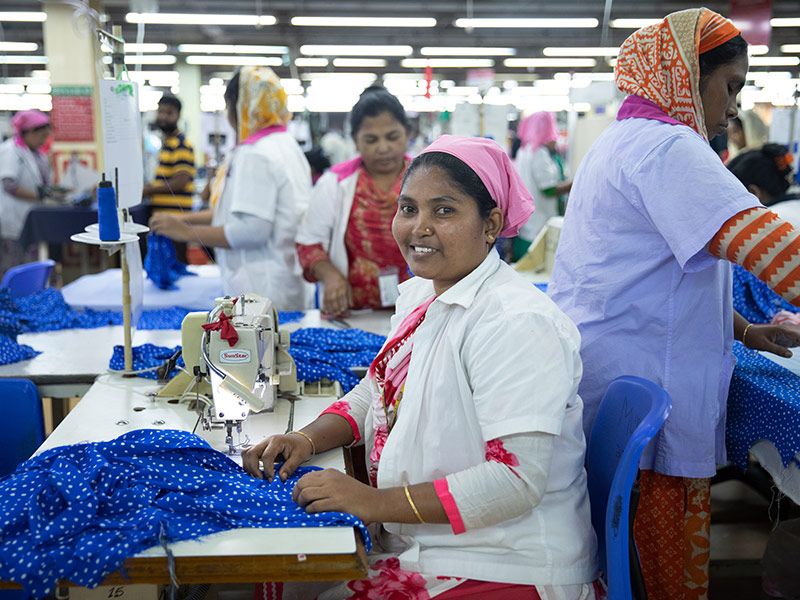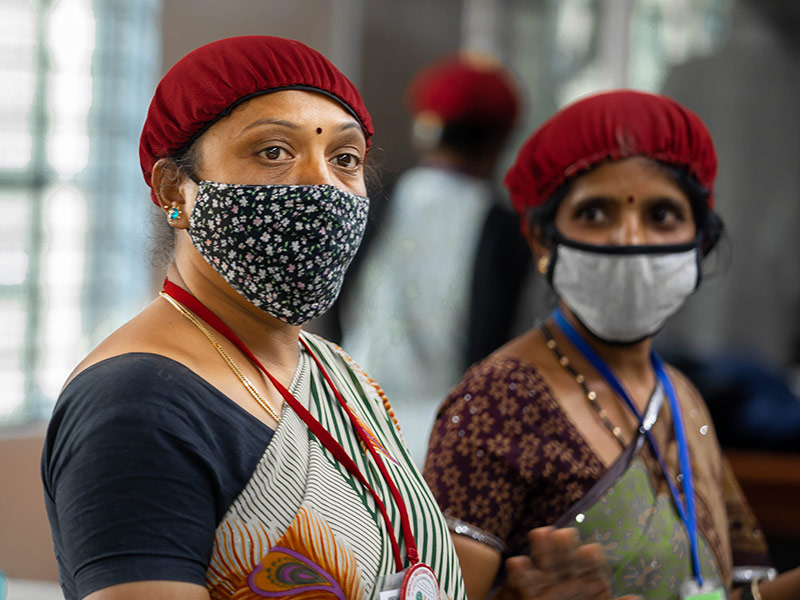
Human Rights
Ukraine: The Business Response
The news of Russia’s invasion of Ukraine has shaken the world and raises significant questions for business. While the situation is unfolding rapidly, there are seven key points for business to consider.

Consumer Products
Luxury’s Move to E-Commerce and Its Implications for Sustainability
Post-pandemic estimates project that revenues in the e-commerce market will grow by 46 percent, from US$ 3.53 trillion in 2019 to US$6.54 trillion in 2022. This expansion brings with it an increase in greenhouse gas emissions, resources, and social risks. As e-commerce continues to grow, brands and retailers face a series of sustainability risks, as well as opportunities to shape consumers’ purchasing habits in the years to come.

Consumer Products | Sustainability Management
New York’s Trendsetting Legislation Unveiled: Fashion Sustainability and Social Accountability Act
The Fashion Sustainability Act, if passed, would hold fashion companies accountable for their role in climate change and human rights impacts.

Inside Bsr
Inside BSR: Q&A with Anna Iles
This month's Inside BSR features Anna Iles, a Futures Associate Director based in Hong Kong. She chatted with us about her sustainability journey around the world and her works on futures thinking.

Financial Services | Human Rights
Impact-Based Materiality
The third in a four-part blog series, we discuss why companies should focus their materiality assessments on impacts that affect the economy, environment, and people, rather than perception.

Inside Bsr
Inside BSR: Q&A with Céline da Graça Pires
This month's Inside BSR features Céline da Graça Pires, a Human Rights Manager based in Paris. She talked with us about how her family’s migration experiences generated her passion for human rights, her work on current and upcoming legislation in business and human rights, and how working at BSR supports her commitment to protecting the rights of vulnerable groups.

Financial Services | Gender
What If All Garment Workers in Bangladesh Were Financially Included?
There are 4 million garment workers in Bangladesh, more than 58 percent of whom are women. This raises the question, “What if all garment workers became financially included?”

Climate And Nature | Esg | Sustainability Management
2022: Purposeful Sustainability Leadership for Turbulent Times
BSR President and CEO Aron Cramer discusses major themes shaping the year ahead: net zero, climate action and social justice, attention on ESG, board role redefinition, and the business voice on the "great fragmentation."

Climate And Nature
China’s Carbon Emission Trading Scheme and its Implications for Businesses
China’s new national Emission Trading Scheme is a critical part of China's plans to use market mechanisms to reach peak emissions before 2030 and net zero by 2060 – it has become the world’s largest emission trading system. BSR shares insights to help you to understand exactly how the ETS works, how it will likely evolve, and its potential impacts on business.

Climate And Nature | Inside Bsr
Inside BSR: Q&A with Erin Leitheiser
This month's Inside BSR features Erin Leitheiser, who recently joined BSR’s Climate team as a Manager in our Copenhagen office.

Human Rights | Inclusive Business
Race and Ethnicity: Civil Society Expectations for Business and Recommendations for Company Action
Racism and ethnic discrimination is a global problem, and addressing these issues benefits everyone. We conducted interviews among BSR’s 300 member companies to identify common challenges companies face when addressing these issues and the potential opportunities this can represent for businesses. We also interviewed civil society organizations around the world to understand their expectations for corporate action.

Financial Services | Human Rights
The Future of Business and Human Rights
As we celebrate Human Rights Day on December 10—the anniversary of the adoption of the Universal Declaration of Human Rights—we are taking the opportunity to reflect on the role of business in shaping a future in which human rights are respected and protected in both law and in practice.

Consumer Products | Supply Chain
The Rise of Circular Fashion Brings Opportunity to Design a Fashion System That Works for All
The fashion industry is transforming from linear to more circular business models. How can we leverage this transformation to reimagine and rebuild the global fashion system so that it works for all? Through Keeping Workers in the Loop (KWIL), we convened over 45 major fashion industry players—established brands, emerging circular businesses, worker representatives, sustainable fashion experts, and international institutions—to explore this very question.

Climate And Nature
The New SBTi Standard Places Science at the Heart of Corporate Net-Zero Targets
The launch of the Science Based Targets initiative (SBTi) Net-Zero Standard just before COP26 marks a significant milestone. It is the first independently certifiable standard that assesses a company's net-zero targets, and importantly it clearly grounds them into 1.5°C-aligned short-term and long-term action.

Climate And Nature
COP26 Made Climate Action Mainstream Business and Put 1.5°C on Life Support
What happened at COP26? BSR Managing Director David Wei and Director Giulio Berruti share their takeaways on international cooperation, climate action and business, and upcoming trends seen at the event.